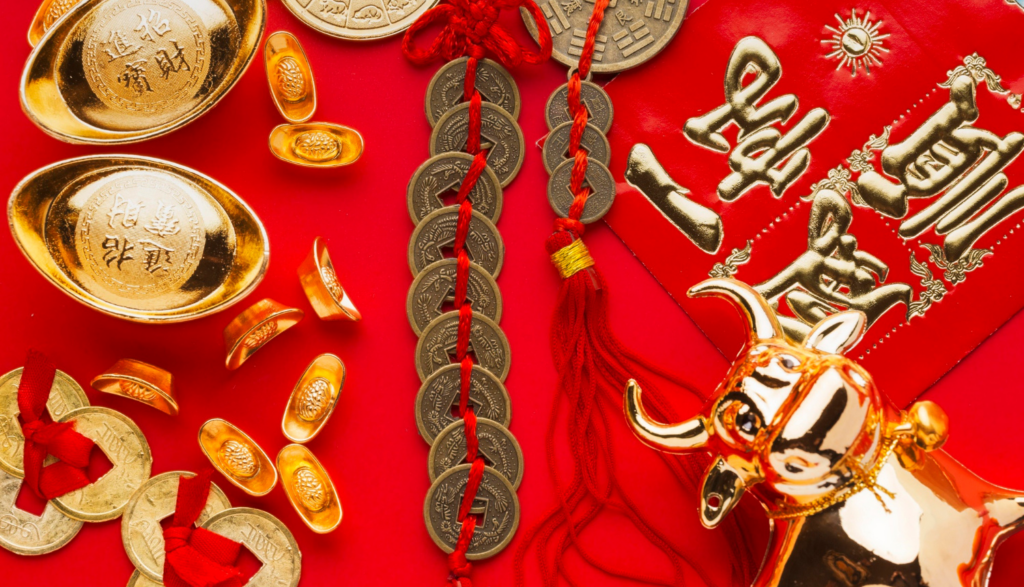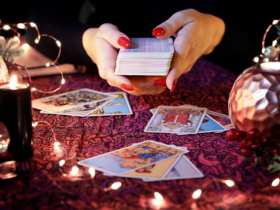The cultural significance of zodiac animals in Chinese mythology and folklore is profound, influencing various aspects of life, from traditions to daily practices. Chinese zodiac astrology, which consists of a 12-year cycle, assigns an animal to each year, reflecting unique traits and characteristics. This system serves not only as a calendar but also embodies philosophical beliefs about fate, personality, and destiny, intertwining the lives of individuals with the rhythms of nature.
Each zodiac animal symbolizes distinct virtues and vices. The Rat, for instance, is associated with intelligence and adaptability, qualities that are often celebrated in storytelling and cultural narratives. Conversely, the Tiger signifies bravery and strength, traits that are revered in both historical and contemporary contexts. These attributes are not merely abstract ideas; they influence various aspects of daily life, from selecting auspicious dates for events to determining compatibility in relationships and career choices.
The rich symbolism of the zodiac animals is also reflected in traditional art forms. Paintings, sculptures, and handicrafts often feature these creatures, serving as a reminder of their significance in Chinese zodiac astrology. The intricate designs and vibrant colors not only showcase artistic talent but also convey the cultural narratives that surround these animals. Each piece tells a story, imparting wisdom and lessons that have been passed down through generations.
Festivals, such as the Lunar New Year, prominently feature zodiac animals, with decorations and rituals centered around the animal of the year. During these celebrations, people express their hopes for prosperity and luck associated with the traits of the zodiac animal. The festivities often include lion dances, fireworks, and family gatherings, all designed to invite good fortune for the coming year. These traditions reinforce community bonds and allow individuals to connect with their cultural heritage.

The narratives surrounding these creatures are deeply embedded in folklore, enriching the cultural tapestry of China. Many fables and legends explain the origins of the zodiac animals, depicting their interactions with gods, humans, and each other. These stories serve not only to entertain but also to impart moral lessons and cultural values. For example, the tale of the Great Race, which determined the order of the zodiac, emphasizes qualities such as perseverance, teamwork, and humility.
Related: How Astrological Houses Reflect Key Life Areas
In modern society, the influence of Chinese zodiac astrology continues to be felt. Many people still consult zodiac predictions for insights into their lives, such as career choices, romantic relationships, and personal development. Astrology readings and horoscopes are widely accessible, and social media platforms often buzz with discussions about the traits and fortunes associated with each animal.
The cultural significance of zodiac animals in Chinese mythology and folklore extends beyond mere representation in astrology. It shapes identities, influences social dynamics, and enriches traditions, making Chinese zodiac astrology a vital element of cultural heritage. By understanding the deeper meanings behind these animals, individuals can appreciate their roles in shaping not only personal destinies but also collective cultural identity. The enduring fascination with these zodiac symbols underscores their importance in navigating both the past and the future within the rich tapestry of Chinese culture.





















